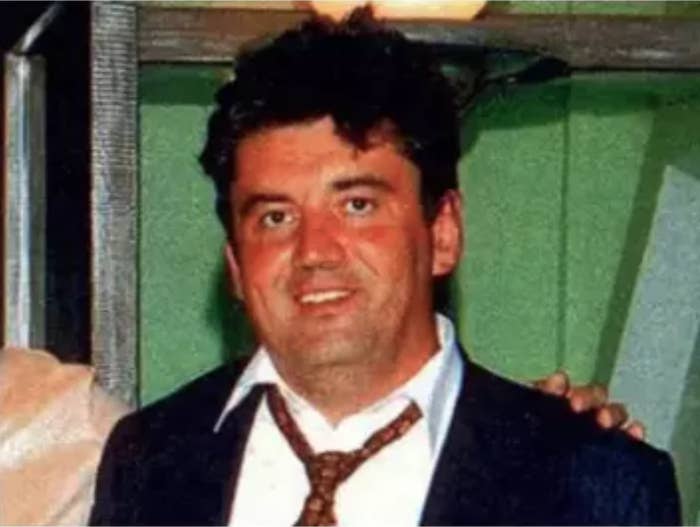
The British government is attempting to prevent an inquest into the death of Russian whistleblower Alexander Perepilichnyy from being told whether he had worked with UK intelligence services.
The financier, who fled to the UK after helping to expose a massive Kremlin-linked fraud, collapsed and died while jogging outside his home in November 2012.
British police insist that he died of natural causes, but BuzzFeed News revealed last June that US intelligence officials believed with “high confidence” that he was the victim of a Russian assassination plot.
The inquest was told on Wednesday that home secretary Sajid Javid had signed off a “public interest immunity” (PII) certificate to withhold information on national security grounds after concluding that “disclosure of the documents would give real rise to serious harm to one or more matters of public interest”.
The PII certificate aims to suppress evidence of any contact between Perepilichnyy and British intelligence.
It also seeks to prevent the inquest seeing the findings of an ongoing review by MI5 and Scotland Yard into 14 suspicious Russia-linked deaths in the UK, including Perepilichnyy’s, that were highlighted by the BuzzFeed News investigation. Amber Rudd, the home secretary at the time, ordered the review after the poisoning of Sergei and Yulia Skripal in Salisbury in March.
This is the second time the UK government has cited national security grounds to withhold information from the inquest. In November 2016, Rudd successfully applied for a PII certificate, fuelling accusations of a government cover-up.
It will now be for the coroner, Nicholas Hilliard QC, a senior Old Bailey judge who has the national security clearance to review the sensitive PII material, to decide whether it should be disclosed.
Peter O’Connor QC, representing the government, told the inquest that in his view it was not necessary for the coroner to ask the home secretary for a public inquiry.
While the broad reasons for the home secretary’s application were heard in public, the detailed submission from the government's lawyers took place in secret with no reporters or members of the public present.
During the open hearing, the coroner said the UK government had carried out fresh searches for information related to the Russian’s death and to any possible third-party involvement in it.
“There’s nothing in the updated searches that materially assists me. I’m satisfied that my investigation into Mr Perepilichnyy death has been fully and fearlessly conducted, and it’s not necessary for me to pursue any additional lines of inquiry,” he said.
He was challenged by lawyers for Perepilichnyy’s life insurer, Legal and General, who – along with the other parties to the inquest – are not permitted to view the sensitive information.
“The Skripal case demonstrates the lengths to which the Russian state is prepared to go to make an example of people seen as enemies or traitors,” said Bob Moxon Browne QC. “The evidence you’ve heard about Mr Perepilichnyy arguably falls within the same bracket – just as within the Litvinenko case and his links to British intelligence services.
“If that were to be the case, it would be very powerful evidence indeed that he would be in special danger by those who saw him as an enemy of Russia.”
The coroner has also been negotiating with the US government over the disclosure of intelligence cited by American intelligence officials, who told BuzzFeed News that a highly classified report on Russian state assassinations compiled for Congress named Perepilichnyy as a likely victim.
However, the inquest heard that a letter to the coroner from the US embassy in London appeared to challenge this intelligence.
The letter stated that the US government “possesses a document referencing UK-based public media reports that Alexander Perepilichnyy was assassinated in the UK before he was scheduled to testify about a tax fraud network” before adding: “This report contains no USG [US government] reporting concerning the death of Alexander Perepilichnyy.”
Henrietta Hill QC, counsel for the US financier Bill Browder, whose firm Hermitage Capital was the alleged victim of the $230 million Kremlin-linked tax fraud, raised concerns about the clarity of the US embassy’s response.
She told the inquest that the legal team were “struggling to follow the meaning of the letter” and were concerned that it did not answer the question of whether the US government had material relevant to the inquest.
“The meaning of that last line appears to be ‘The US government has a report which doesn’t contain US government reporting,’” she said. Hill also questioned why the court had not tried to obtain the US Congress report in question.
US intelligence officials told BuzzFeed News last year they believed the British government had been anxious at the time to avoid inflaming diplomatic relations with Russia.
